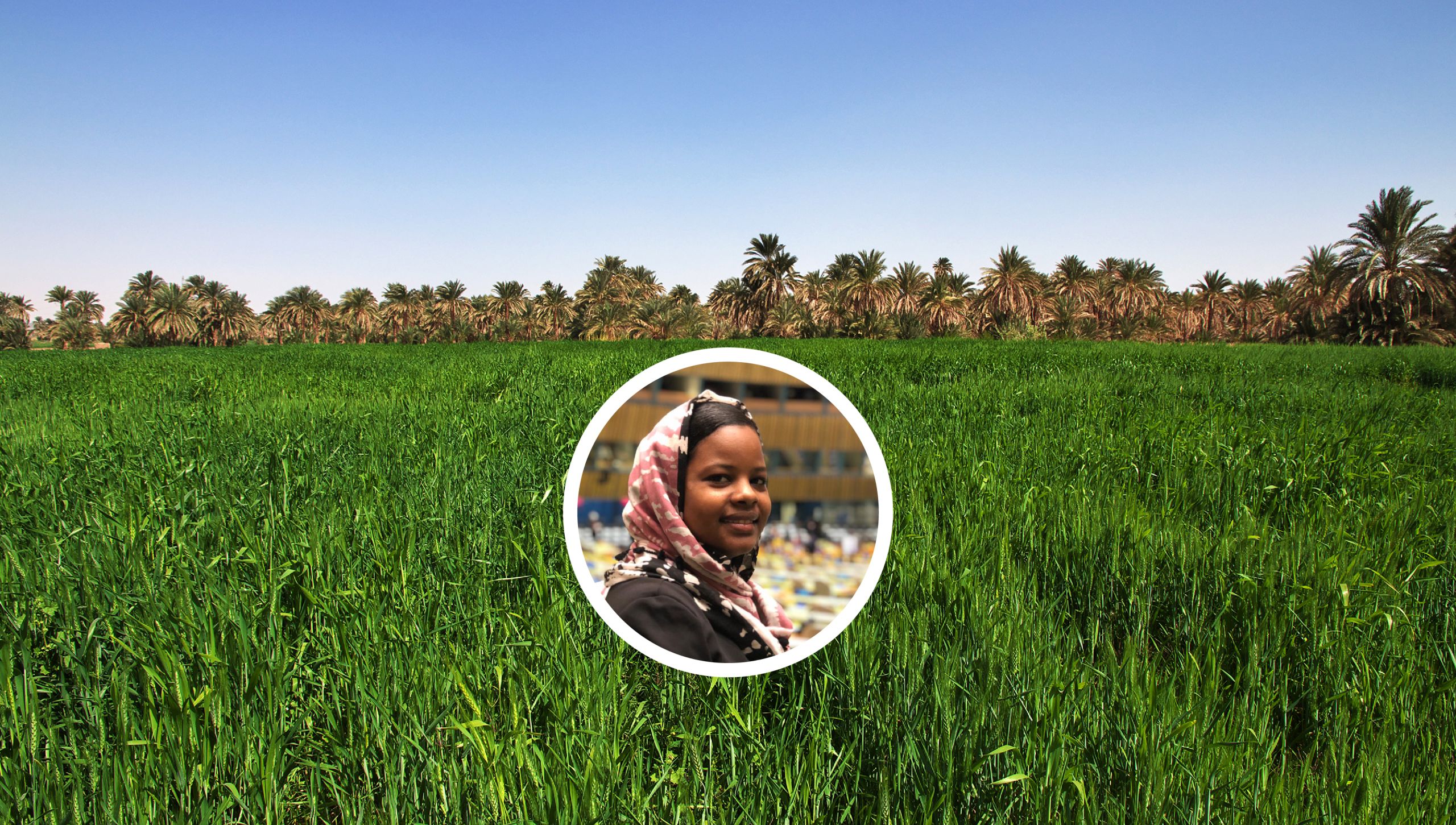Highlights need for agricultural innovation in addressing Asia’s growing food security crisis / Helping reach region’s hungry, undernourished
Singapore, 13 July 2021 – With the release of the United Nations (UN) 2021 State of Food Security & Nutrition in the World (SOFI) report, CropLife Asia highlighted the need for the region’s food value chain stakeholders to work together in transforming our food systems to better enable food security, improved nutrition, and affordable healthy diets for all.
The challenge of achieving the UN’s Sustainable Development Goal (SDG) 2 of ‘zero hunger’ globally by 2030 has grown even more complicated with the broad impact of the COVID-19 pandemic. In this latest UN report, it is estimated that the number of people affected by hunger worldwide in 2020 was between 720 and 811 million people. This is a marked increase of over 100 million more people than in 2019. The prevalence of undernourishment (PoU) has also climbed up to around 9.9 percent in 2020 compared to 8.4 percent the previous year. This new report also confirms a sadly familiar refrain for Asia: our region is failing to deliver food security for far too many – particularly among the more vulnerable parts of society. Asia continues to be home to the greatest number of undernourished people with 418 million suffering from hunger in 2020.
“The challenge of feeding Asia and the world requires us to explore all possible solutions. This can only be achieved through greater collaboration with others, as multi-stakeholder approaches are crucial for transformation of our food systems.” said Dr. Siang Hee Tan, Executive Director, CropLife Asia. “The plant science industry champions innovation in both crop protection and plant biotech, as well as precision and digital agriculture solutions to benefit both people and the planet.”
“The innovative technologies of the plant science industry have a key role to play, but it is only one part of the solution,” Dr. Tan added. “Ensuring that an ample supply of affordable and nutritious food reaches those who need it most is a shared responsibility. Farmers’ access to innovation is an increasingly crucial component to combatting food insecurity in Asia and around the world.”
Global crop losses due to pests and disease are a major contributor to global food loss and waste. These losses would be twice as high without the use of crop protection products. Crop losses can be further reduced through more effective crop protection stewardship practices. Without innovations such as crop protection products and plant biotechnology, global pre-harvest crop losses could double(1). Meanwhile, biotech crops are developed with improved traits such as increased yield, better resistance to pests and/or improved nutrition, among others. These traits are crucial tools that enable farmers to produce more food using fewer resources to feed our growing world.
(1) http://www.croplifeamerica.org/crop-protection/benefits/increase-food-production
About CropLife Asia
CropLife Asia is a non-profit society and the regional organization of CropLife International, the voice of the global plant science industry. We advocate a safe, secure food supply, and our vision is food security enabled by innovative agriculture. CropLife Asia supports the work of 15 member associations across the continent and is led by eight member companies at the forefront of crop protection, seeds and/or biotechnology research and development. For more information, visit us at www.croplifeasia.org.
For more information, please contact:
Duke Hipp
Director, Public Affairs & Strategic Partnerships
CropLife Asia
Tel: +65 6221 1615
duke.hipp@croplifeasia.org


